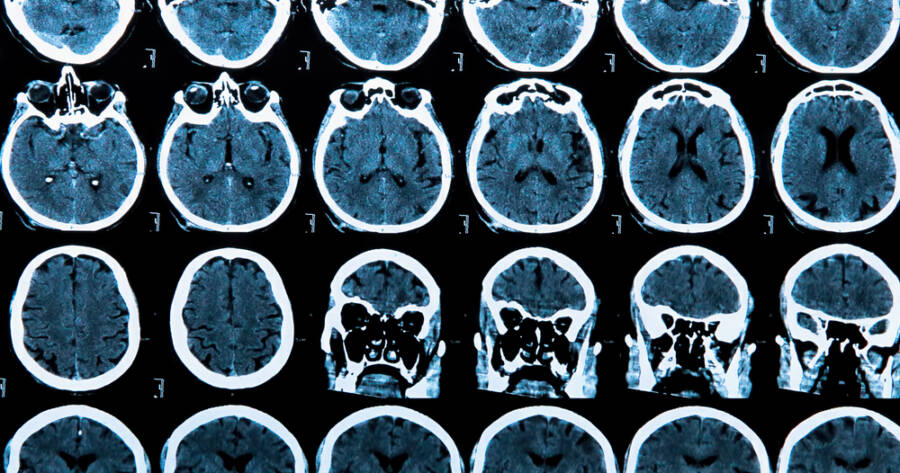Huntington’s disease is a rare but serious genetic disorder that affects the brain, leading to progressive physical, cognitive, and emotional decline. This condition is inherited, meaning it is passed from parent to child through a mutation in the HTT gene. Symptoms typically appear between the ages of 30 and 50, but some cases develop earlier or later in life. Since Huntington’s disease worsens over time, early detection is crucial for managing symptoms and planning for long-term care. Knowing the warning signs can help individuals seek medical attention before the condition significantly impacts daily life.
Early Warning Signs of Huntington’s Disease
Huntington’s disease symptoms can vary from person to person, but they generally fall into three main categories: movement disorders, cognitive decline, and emotional or psychiatric symptoms.
1. Uncontrolled Movements (Chorea)
One of the most distinctive early signs of Huntington’s disease is chorea, which refers to involuntary jerking or twitching movements. These movements usually start as mild fidgeting but progressively worsen, affecting:
- Hands and fingers
- Face and mouth
- Legs and feet
Over time, individuals may experience difficulty walking, swallowing, and speaking due to loss of motor control.
2. Impaired Coordination and Balance
People in the early stages of Huntington’s disease may struggle with balance, fine motor skills, and hand-eye coordination. This can lead to:
- Frequent falls
- Difficulty holding objects
- Trouble performing routine tasks like buttoning a shirt or using utensils
3. Cognitive Decline and Memory Problems
Huntington’s disease affects thinking and reasoning, leading to:
- Forgetfulness and trouble recalling information
- Difficulty making decisions or solving problems
- Poor concentration and mental fog
- Slower processing speed in conversations or tasks
As the disease progresses, memory and thinking skills continue to deteriorate, affecting work, relationships, and independent living.
4. Mood Swings and Behavioral Changes
Many people with Huntington’s disease experience emotional and psychiatric symptoms, sometimes appearing years before movement issues. Common signs include:
- Depression – Persistent sadness, fatigue, and loss of interest in activities
- Irritability and anger – Sudden outbursts or frustration over minor issues
- Anxiety and paranoia – Unexplained fear, suspicion, or nervousness
- Impulsivity – Engaging in reckless or risky behavior
- Social withdrawal – Avoiding family and friends
In some cases, hallucinations or delusions may also develop as the disease progresses.
When to Seek Medical Help
If you or a loved one experiences any of the warning signs of Huntington’s disease, consult a doctor as soon as possible. Early diagnosis allows for:
- Genetic testing to confirm if the HTT gene mutation is present
- Neurological exams to assess movement and cognitive function
- Personalized care plans to help manage symptoms effectively
- Emotional and financial planning for long-term care needs
Advances in Huntington’s Disease Research
Although Huntington’s disease has no cure, ongoing research and clinical trials are exploring potential treatments to slow its progression. Scientists are working on gene therapy, targeted medications, and neuroprotective drugs that may help manage symptoms more effectively.
Additionally, lifestyle changes such as regular exercise, a balanced diet, and cognitive therapy may contribute to improved well-being for individuals with Huntington’s disease. Families affected by this condition are encouraged to stay informed about new developments and support networks to navigate the challenges of living with Huntington’s disease.
Early Detection and Support: Navigating Huntington’s Disease with Care
Recognizing the early warning signs of Huntington’s disease can make a significant difference in seeking the right care and support. If you or a family member notices unexplained movement issues, cognitive decline, or emotional changes, it is important to consult a healthcare professional. While there is no cure, early intervention, therapy, and medications can help manage symptoms and improve quality of life.

